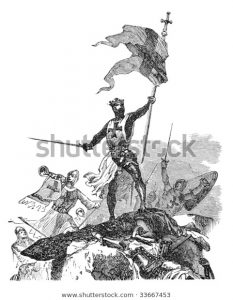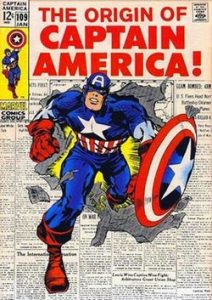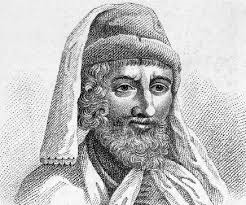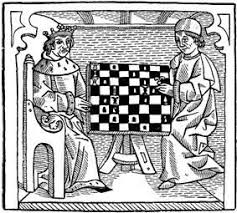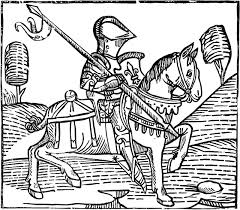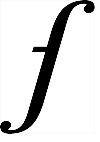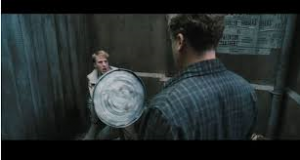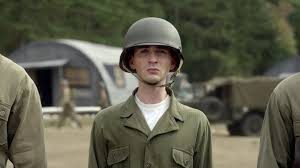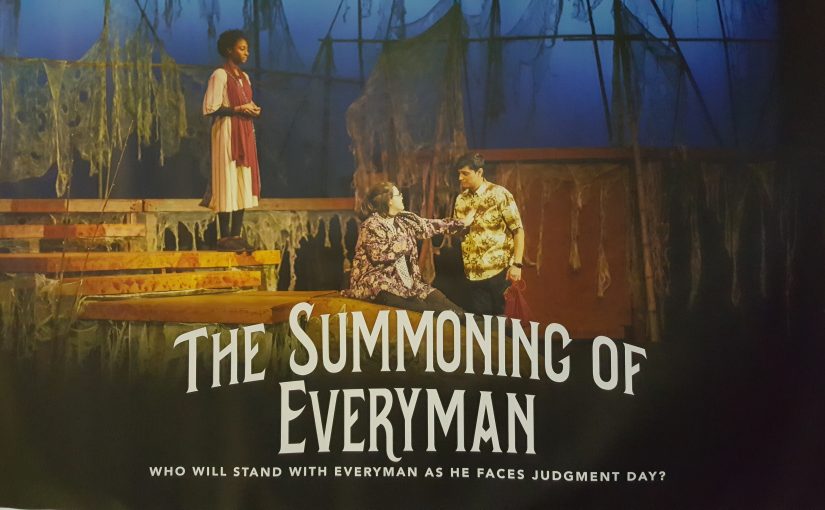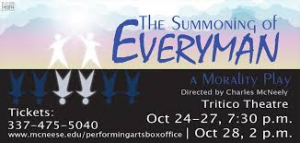
SHORT TAKE:
Lovely, one-act, historic cautionary tale on what ultimately matters most at the end of one's life.
WHO CAN GO:
Appropriate for all audience members.
AND IF YOU LIKE THESE REVIEWS PLEASE SUBSCRIBE! THEN YOU'LL GET EVERY NEW REVIEW SENT STRAIGHT TO YOUR E-MAIL!!
GO TO THE BOTTOM OF THE LEFT HAND SIDE AND TYPE YOUR E-MAIL IN – IT (SHOULD BE) THAT EASY. ANY PROBLEMS PLEASE SEND ME A COMMENT AND I'LL DO MY BEST TO RESOLVE YOUR ISSUE.
LONG TAKE:
SPOILERS
The Somonyng of Everyman – no my keyboard does not need a new battery and I have not let my spell check run wild – is the original spelling of a 600-odd year old play, transliterated into modern English as The Summoning of Everyman.  Charles McNeely has wisely chosen to direct this cautionary morality play, and it is to the edification of his cast, his students, McNeese University, and the Lake Charles theater going community at large, where this play succeeds magnificently. The story is about "Everyman", a representative for all of humanity, who must, as we all do, eventually make an accounting of his life. In The Summoning of Everyman this accounting is before God. But even those without faith, if considering their own mortality, might find themselves making an analysis of the way they have spent their years, and the lessons of Everyman are well advised.
Charles McNeely has wisely chosen to direct this cautionary morality play, and it is to the edification of his cast, his students, McNeese University, and the Lake Charles theater going community at large, where this play succeeds magnificently. The story is about "Everyman", a representative for all of humanity, who must, as we all do, eventually make an accounting of his life. In The Summoning of Everyman this accounting is before God. But even those without faith, if considering their own mortality, might find themselves making an analysis of the way they have spent their years, and the lessons of Everyman are well advised.
It is a common modern warning than in your final hours you are unlikely to regret not spending more time at the office.  There is wisdom in this philosophy too. That when on the threshold of what Hamlet called the "undiscovered country from whose borne no traveler returns," it is only in the recollection of those deeds of generosity, kindness, and expressons of love you are likely to find comfort.
There is wisdom in this philosophy too. That when on the threshold of what Hamlet called the "undiscovered country from whose borne no traveler returns," it is only in the recollection of those deeds of generosity, kindness, and expressons of love you are likely to find comfort.
In Everyman, the main character confronts his failings in relying on the fickle and often devious worldly concepts, each personified by a different actor: Sin, Fellowship, Kinship, Worldy Possessions, and even Beauty, Strength, Discretion and the Five Wits (the Inward of which are not listed specifically in the play's script but were well known at the time as: Common Sense, Instinct, Imagination, Memory and Fantasy, OR could also be interpreted as the Outward Wits of the Five Senses: sight, touch, smell, hearing and taste), all of whom abandon Everyman in his hour of need as he approaches the Throne of God for Judgment.
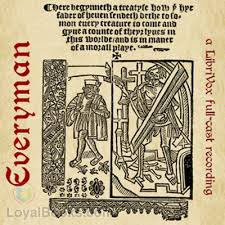 Written during the Tudor period (between 1485 and 1603), the script is in Middle English with author unknown, though likely a churchman or several churchmen, possibly based upon a series of homilies. Rendered in simple, child-like, rhythmic, rhyming poetry, the language is rich in lyricalness, imagery, and a sense of historical context.
Written during the Tudor period (between 1485 and 1603), the script is in Middle English with author unknown, though likely a churchman or several churchmen, possibly based upon a series of homilies. Rendered in simple, child-like, rhythmic, rhyming poetry, the language is rich in lyricalness, imagery, and a sense of historical context.
The play was composed during a period of relative peace, just after the threat of Black Plague had finally begun to decrease, as the feudal system was ending, literacy was on the rise and the Catholic Church was at the center of everyone's life. Subsequently, there was opportunity for the civilized European world to reflect with a certain quietude upon the meaning of existence and what it means to prepare for death. Not that this culture did not already keep such considerations at the forefront of their lives, but with an island of historic comparative tranquility, the population at large could meditate thoughfully in a manner in which it had not been able to for some generations.
Everyman at last seeks out his Good Deeds and Knowledge. It is only when together, they lead him to repentance and Confession, that he begins to see the path to redemption.
The stage is sparse and appropriately vague, creating a historically universal atmosphere with ragged, cobwebby drappings on several levels of risers. The actors are in modern casual dress as an "Everyman" might present him or herself. Most of the performers portray more than one character and the character of Everyman is portrayed, during different confrontations with his own failings, by a succession of actors and actresses. This too lends a subtle conceptual air of ubiquitousness – that ALL or any of us are Everyman who must some day, possibly quite unexpectedly, come to an accounting.
More or less in order of their first appearances: Himshree Neupane introduces, then at the end dismisses, us as the Messenger and also plays Fellowship, Beauty and takes a turn as Everyman. Essense Means is one of those who demonstrate sin and Everyman, as well as Goods. Sean Hinchee is one of those who struggles against sin in the introduction and personifies Confession. Hannah Jolivette is Death and takes a turn at Goods. PZ Stanford lends his voice to the portrayal of God, stands in for Everyman at one point and personifies Discretion and the Five Wits.  Jennifer Tolbert portrays another aspect of sin, as well as Kin, and plays the key character of Good Deeds. Ariel Pete takes a turn at Strength. Madeline Smith is on stage for sin and characterizes Knowledge. Markell Jolivette helps introduce the World of Sin.
Jennifer Tolbert portrays another aspect of sin, as well as Kin, and plays the key character of Good Deeds. Ariel Pete takes a turn at Strength. Madeline Smith is on stage for sin and characterizes Knowledge. Markell Jolivette helps introduce the World of Sin.  All gift the stage with their enthusiasm and energy.
All gift the stage with their enthusiasm and energy.
In the end, it is bluntly spoken, that only your Good Deeds will companion you into the afterlife, and I think this can be agreed upon as a Universal maxim among believers and unbelievers alike.
CS Lewis cautioned against chronological snobbery – the bias against the old in favor of the new. This 600 year old play is a shining example of Lewis' persipacity, as much enlightenment can be gleaned from this simple, poetic, one-act, six-centuries old play, which you will discover if you are wise enough to attend this beautiful play at McNeese's Tritico Theatre, 4205 Ryan St Lake Charles, LA 70605, this weekend.
So click to get your tickets at: the McNeese Box Office or call 337-475-5040.
